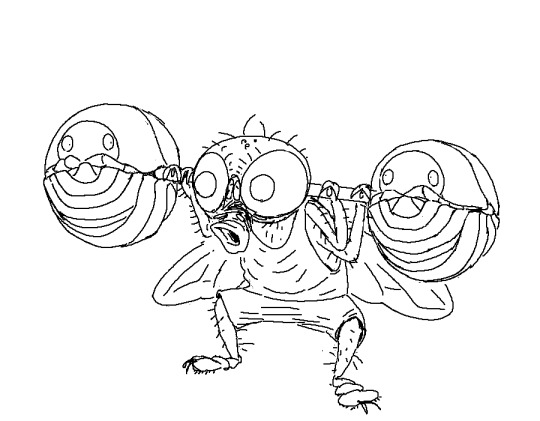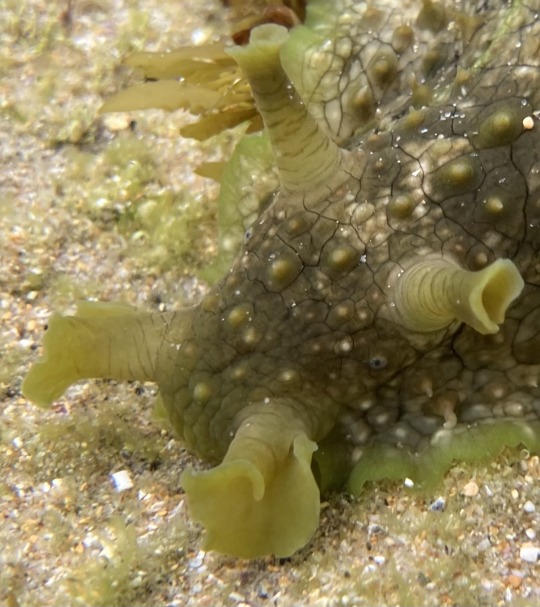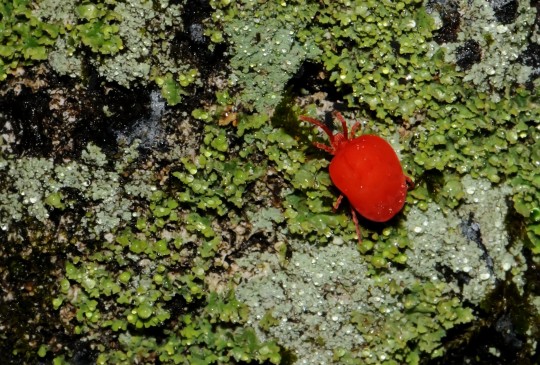Text

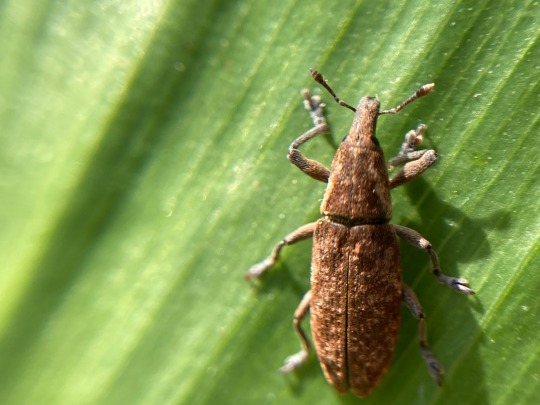
hello beautiful gasteroclisus immundus
#weevil#coleoptera#curculionidea#curculionidae#gasteroclisus#you better not be cunty weevil serving face when i get there
7 notes
·
View notes
Text
we need a butlerian jihad. stat
3 notes
·
View notes
Text

does anyone know what species of rat this is
72 notes
·
View notes
Text
I want to get better at macrophotography for artistic and scientific reasons (documenting stuff, identification, etc)
I want to get better at Basic Wildlife photography purely out of spite so I can post the billionth uncreatively-gorgeous photo of a fox in the snow and caption it “this gross orange thing spoiling my morning” or some elegantly posed deer “this stupid dog with weaponized bone cancer was getting in the way of my springtails”
331 notes
·
View notes
Text
fighting urge to respond to "why is particle counter beeping" with "too many particles"
3 notes
·
View notes
Text
i think its funny that some parasitoid wasps will just abandon their hosts after stinging them. (either when forced to or when deciding "eh, this aint worth it") that spider will just have a fucked up couple of days. their spider friends will never believe them
11 notes
·
View notes
Text

Uncaring
#the reading comprehension on this site is piss poor#short very unsubtle comic about how our gut reaction to a harmless creature shouldn't control us and that something can simply live life#notes: but have you considered that they're icky?
15K notes
·
View notes
Text
the sug
#sea hare#gastropoda#mollusca#aplysiidae#dolabrifera#seen like 5 minutes ago at the time of posting#and i miss it already. save me slea slug. save me.
2K notes
·
View notes
Text

reminder that you also have the option of Shut Up
2K notes
·
View notes
Text
with the news of yet another la niña following one of the wettest el niños i've experienced, we have taken yet another step towards the breakdown of the enso and the return of the great primordial gondwanan rainforests and megalake systems in eastern australia
#it would be objectively be awful.#i mean the 2021-23 la niñas fucked everything up and that was only three years#an eternal la niña would kill a lot of people and eradicate entire ecosystems#not to mention the consequences of an eternal la niña for the eastern pacific#and you know. all the americas#but on an intellectual level. got dam it would be interesting
8 notes
·
View notes
Text
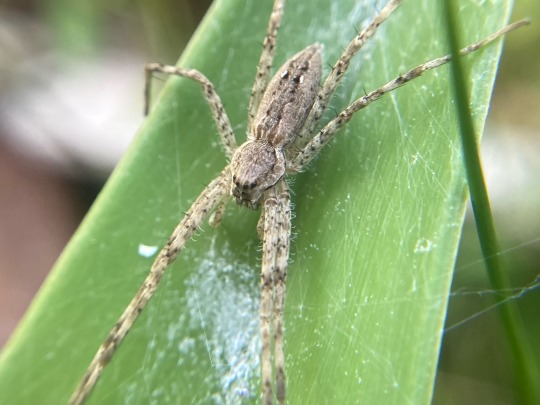


a little megadolomedes australianus who's made its home on an orchid leaf.
one day, it will be one of the largest spiders in australia. for now? 1 centimetre big
#spider#giant fishing spider#araneae#araneomorphae#pisuridae#megadolomedes#also straight up chilling#whenever i check it's always sat on the same leaf staring ahead#when it was smaller it just ran away when i got too close
17 notes
·
View notes
Text
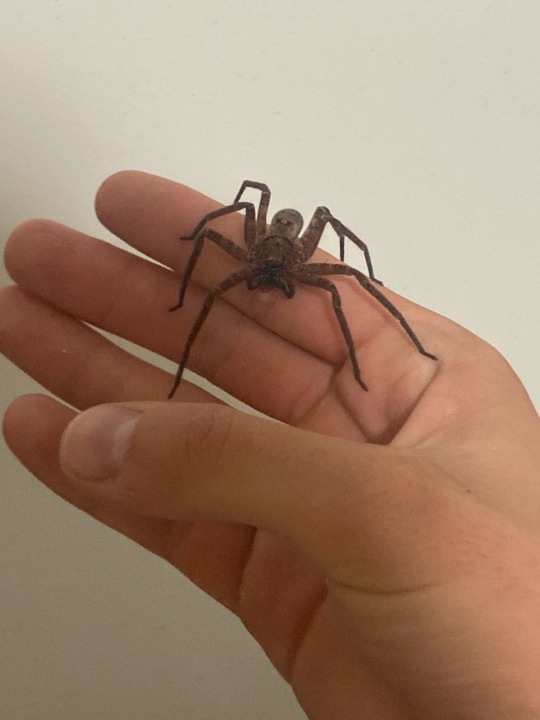

huntswoman who i had to move so she didnt drown in my shower. she proceeded to settle in on my hand for the next five minutes until i said bye and prodded her off
#spider#huntsman spider#araneae#araneomorphae#sparassidae#heteropoda#she also climbed up my leg and i had to stop her from hiding in my pocket. yes its a dark place but its not safe
79 notes
·
View notes
Note
Hi there! Saw a recent post of yours containing the phrase "honeybees are an ecological nightmare even within their native range," and while i'm all too aware of the invasiveness of European honeybees *outside* their range, i'd never heard of this before. Do you have some links to articles or something i could read more about this?
(to be clear, i believe you, i'm just curious & would like to know more)

ooh good question! for them being a disaster in their native range, the answer is that i half-remembered some information and don't actually know. i assumed that the high population densities of beekeeping would mean that mellifera have impacts on biodiversity within their native range, and this could be true, but my source is that i made it the fuck up. there's definitely precedent for native animals being "invasive" within their native range (see: noisy miner in eastern australia), but it looks like this is an area needing further study.
on the pollination front, this is a lot more rooted in known reality. honeybees aren't particularly great for pollination because they engage in activities like pollen theft at much higher rates than other bees. most papers on the topic look at the efficiency of mellifera pollinating just one plant species or a single genus, but there's an overall trend of them being subpar compared to other bee taxa (https://doi.org/10.1002%2Fajb2.16036, doi.org/10.1111/afe.12363, 10.1002/ajb2.1764, and a bunch of others). it's possible that the high population densities of domesticated honeybees in europe mean that they outcompete other native bees and reduce pollination efficiency, but. needs to be studied.
moral of the story. only trust half the things i say
9 notes
·
View notes
